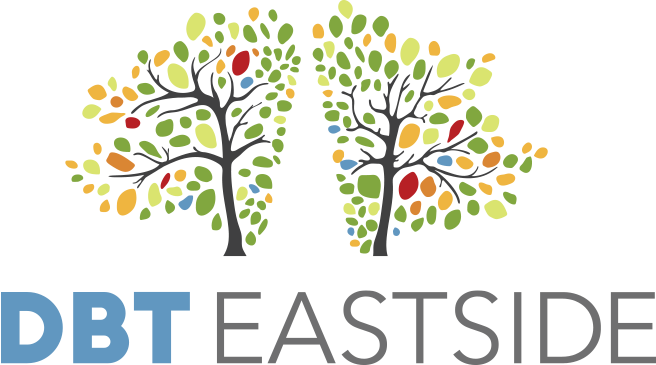What symptoms and diagnoses are DBT and RO-DBT useful for?
DBT (Dialectical Behavior Therapy) and RO-DBT (Radically Open Dialectical Behavior Therapy) are both evidence-based behavioral and cognitive-behavioral therapies, but they’re designed for different kinds of emotional and behavioral challenges.
DBT (Dialectical Behavior Therapy)
Developed by: Dr. Marsha Linehan
Best for: People who struggle with emotional dysregulation, impulsivity, and interpersonal issues.
-
Borderline Personality Disorder (BPD) – DBT’s original focus
Suicidal and self-harming behaviors
Emotional dysregulation
Eating disorders - like bulimia and binge eating
Substance use disorders
PTSD
Depression and anxiety (especially when linked to emotional instability)
-
Mindfulness
Distress Tolerance
Emotion Regulation
Interpersonal Effectiveness
DBT is especially helpful for people who are “super feelers” – who feel their emotions (at times) as intense, overwhelming, and difficult to control.
RO-DBT (Radically Open Dialectical Behavior Therapy)
Developed by: Dr. Thomas Lynch
Best for: People who are overly controlled, perfectionistic, judgmental of self and others, emotionally inhibited (unless at their limit), and rigid/fixed/fatalistic in their mindset.
-
Chronic depression (especially treatment-resistant)
Anorexia Nervosa (and other types of restrictive eating disorders)
Obsessive-Compulsive Personality Disorder (OCPD)
Autism Spectrum Disorders (higher functioning)
Maladaptive overcontrol
Social isolation and loneliness
-
Focuses on openness, flexibility, and social connectedness
Works well when emotional inhibition and excessive self-control are the main issues – may be opposite of DBT’s focus
Encourages emotional expression, spontaneity, and social signaling
| Therapy | Best For | Key Traits Addressed |
|---|---|---|
| DBT | Under-controlled behaviors: | Impulsivity, emotional dysregulation |
| RO-DBT | Over-controlled behaviors: | Perfectionism, emotional inhibition and "emotional leakage" when limits are reached |
